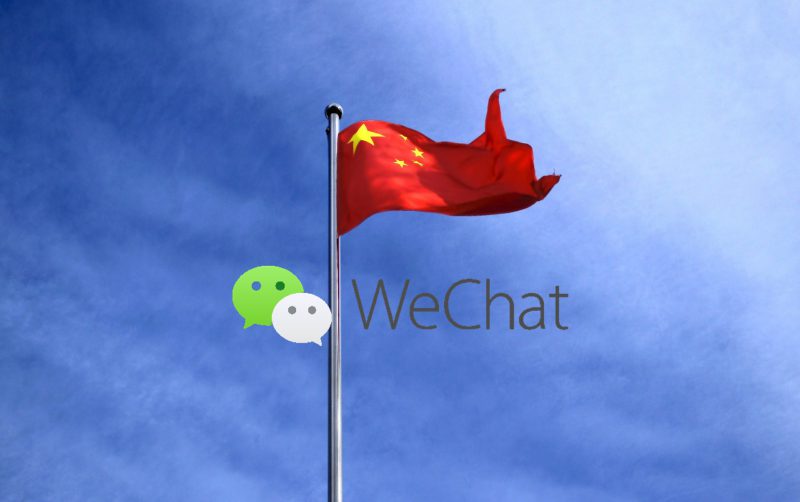The NFT craze has swept the globe. China, on the other hand, wants out. No one was surprised by China’s move to ban all forms of cryptocurrency from the nation. The world was well aware that the Chinese government was unprepared for the amount of decentralization that crypto offered. The fact that they were developing their own CBDC added to the agitation. Now, however, China seemed to be appalled by NFTs as well.
China’s prominent social media application, WeChat took a major step and banned several accounts that had engaged in the promotion of non-fungible tokens. It was discovered that at least a dozen public accounts on the app were frozen.
A statement provided by WeChat suggested that public accounts are limited only to displaying and support of the initial sale of “digital collectibles” aka NFT. Operators would be required to “provide proof of cooperation with a blockchain company that has been recognized by the Cyberspace Administration of China.”
Resale, however, was out of the picture. The WeChat statement further read,
“……regulation and rectification on public accounts and mini-programs that speculate on or resell digital collectibles”
Popular accounts that succumbed to the ban were Huasheng Meta and Spirit Leap. They were allegedly reported by a number of people, which led to their suspension. While these accounts are no longer visible in the search results, those who already follow the banned accounts are shown the excerpt below.
“….no legal permit or license to publish, disseminate, or engage in related business activities.”
Is China’s big crypto crackdown still on? NFT is the latest victim
China’s stringent government caused havoc in the crypto market. The country harbored some of the most popular crypto exchanges and mining firms. However, they were ousted by the government. Now, as residents intend to explore the NFT space, China seemed to be getting rid of that as well.
With a user base of 1.2 billion, WeChat could have revolutionized the NFT arena. However, it seemed to be haggling the growth of NFTs by protesting secondary transactions of NFTs.





